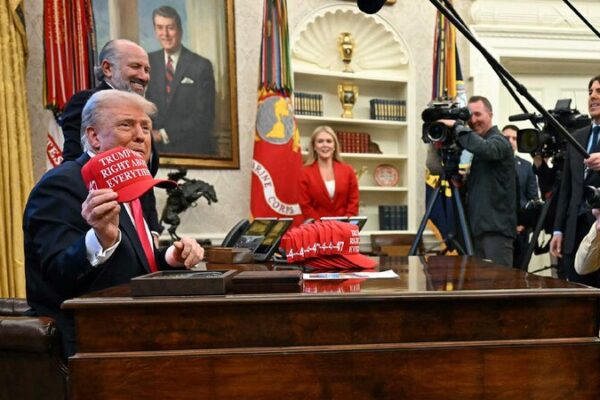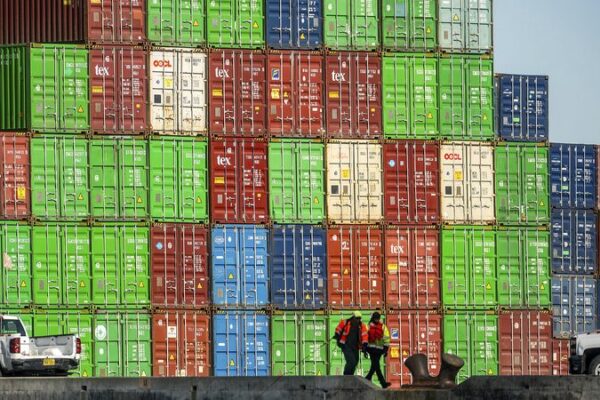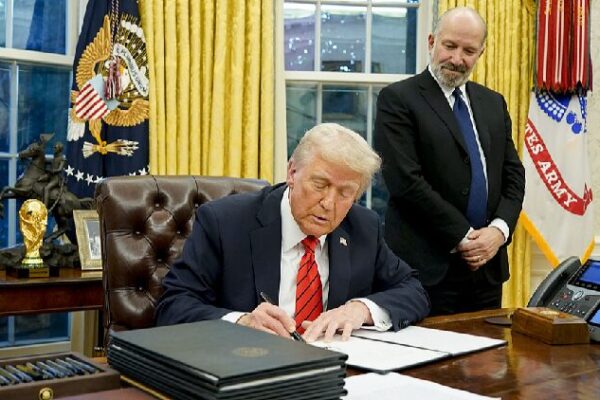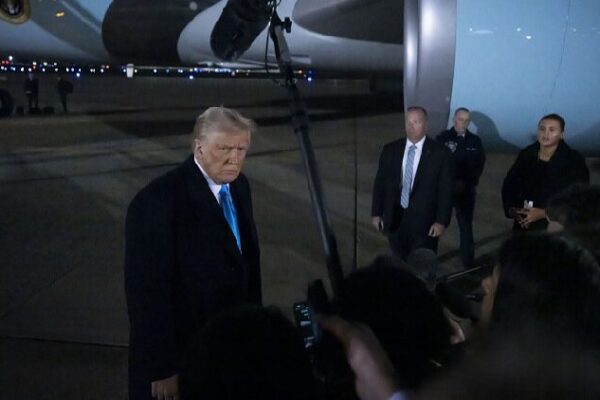President Donald Trump has announced a sweeping 25% tariff on all imported cars, a move that has sent shockwaves through the global economy. Set to take effect on April 3, the tariff aims to bolster the American automotive industry but has drawn mixed reactions both domestically and internationally.
Global Repercussions
Major trading partners of the United States are grappling with the potential fallout. Countries that export cars to the U.S. fear that the tariffs could lead to a decline in sales and job losses in their own automotive sectors. Economists warn that this could escalate into a larger trade dispute, affecting international relations and economic stability.
Impact on Consumers
Critics of the policy argue that the tariffs will ultimately burden American consumers with higher car prices. Imported vehicles are popular among U.S. buyers, and the added costs could make them less affordable. “This tariff is a tax on American families,” said an industry analyst. “Consumers will have fewer choices and pay more for the cars they want.”
Unexpected Support
In a surprising turn, Trump’s tariff plan is receiving support from regions that traditionally lean Democratic. Workers in manufacturing hubs see the tariffs as a chance to revive domestic car production and safeguard American jobs. “It’s about time someone stood up for American workers,” said a factory employee in Michigan.
Looking Ahead
As the April 3 implementation date approaches, businesses and governments around the world are bracing for the impact. Negotiations and diplomatic efforts may yet alter the course of this policy, but for now, the global automotive industry faces uncertainty.
Reference(s):
Trump slaps 25% tariffs on imported cars, sparking global fallout
cgtn.com








